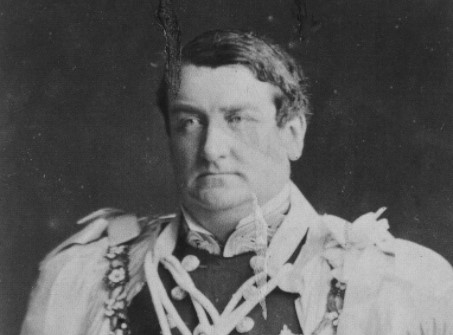The sixth Earl of Mayo, also known as Lord Naas, was the Governor-General of India from 1869 to 1872. He replaced the Viceroy of India and was one of the most influential figures in the British Empire. His policy of non-interference in foreign affairs and decentralization of finance was credited with the success of the penal settlement. In 1871, Lord Naas opened a college named after him in Ajmer.
As the 4th Viceroy of India, Mayo also introduced a decentralization of finance. He also embraced a policy of non-intervention in foreign affairs. As a result of his policies, he was the first Governor-General to be killed in office. He also began the census of India and welcomed Sher Ali Amin to India. While in office, he opened the Mayo College for children of aristocratic families.
Mayo was a strict economist of time. He had a set schedule of appointments and duties each day. He rose at daybreak and rarely rode his horse before nine in the morning. He worked alone at his ‘boxes’ until ten in the morning. At nine, he ate breakfast, had a new box, and began his general work for the day. While a strict time manager, he was often distracted by other matters.
Who killed Lord Mayo?
The British monarch was heavily protected by his bodyguards when he was assassinated. In 1871, a former Khyber Agency soldier, Sher Ali Afridi, stabbed the then-Viceroy Lord Mayo twice on his back. He died on the way to a ship. Despite the British rule, Lord Mayo was also aware of a Wahabi revival in the region. He had recently been attacked by a prisoner with a knife.
The murderer was a man named Sher Ali, and he was acting on an order from Allah, his God. Earlier, he had been carrying a knife in his pocket for three years and had intended to kill any British official who visited his settlement. It was only when Lord Mayo visited the settlement in 1870 that Sher Ali was able to sharpen his knife. The two men had tried to reach the viceroy all day long and managed to reach him in the evening.
Sher Ali Afridi stabbed Lord Mayo. Afridi was a notorious convict and sentenced to life in Kalapani, India. His victim was the brother of Sher Ali Afridi, who was sentenced to life in jail for killing a relative. They had traveled to the Andaman Islands, where they were shot and buried.


